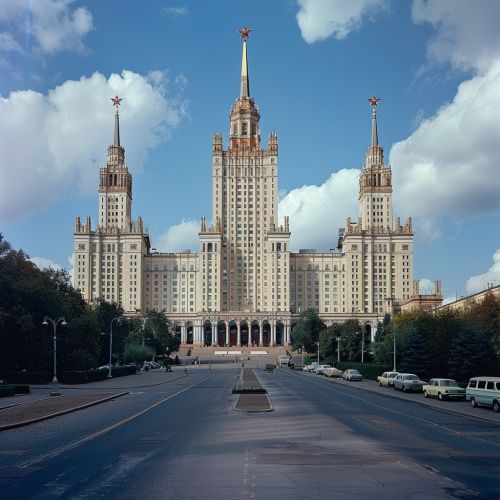Alexander Holevo
Early Life and Education
Alexander Semenovich Holevo was born on June 2, 1943, in Moscow, Russia. He attended the Moscow State University (MSU) where he studied mathematics and physics. He graduated with a degree in Mathematics in 1966.


Career
After graduation, Holevo joined the Steklov Institute of Mathematics (Steklov Math Institute) in Moscow, where he began his research in the field of Quantum Information Theory (QIT). His work at the Steklov Math Institute marked the beginning of his significant contributions to the field of Quantum Information Theory.
Contributions to Quantum Information Theory
Holevo's work in Quantum Information Theory has been groundbreaking. He is best known for his work on the Holevo's Theorem, also known as the Holevo's bound. This theorem provides an upper limit on the amount of classical information that can be extracted from a quantum system.
Holevo's Theorem
The Holevo's Theorem, proposed by Alexander Holevo in 1973, is a fundamental result in Quantum Information Theory. The theorem states that the amount of classical information that can be extracted from a quantum system is bounded by the Von Neumann entropy of the system. This result has profound implications for the field of Quantum Computing and Quantum Communication.
Later Career and Recognition
Holevo continued his research at the Steklov Math Institute, where he became a leading figure in Quantum Information Theory. He has received numerous awards for his work, including the Quantum Communication Award in 2012 and the Itoh Tsuyoshi Award in 2016.
